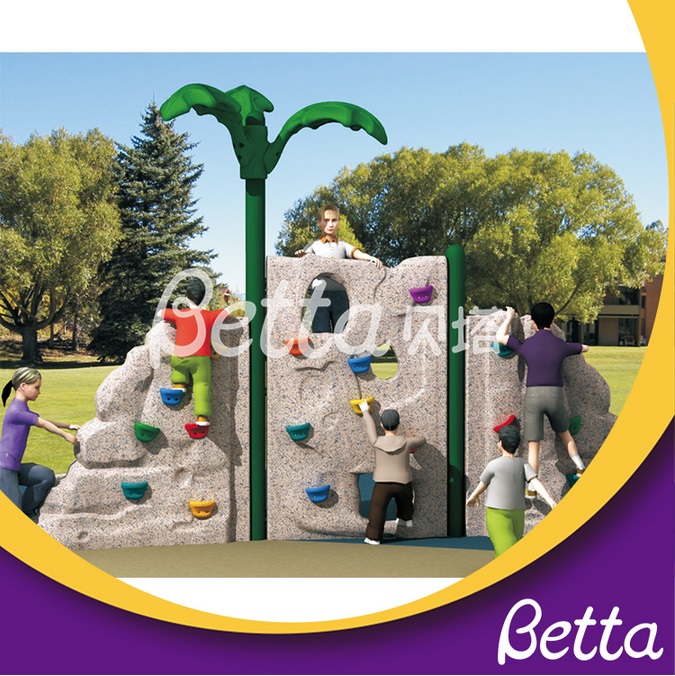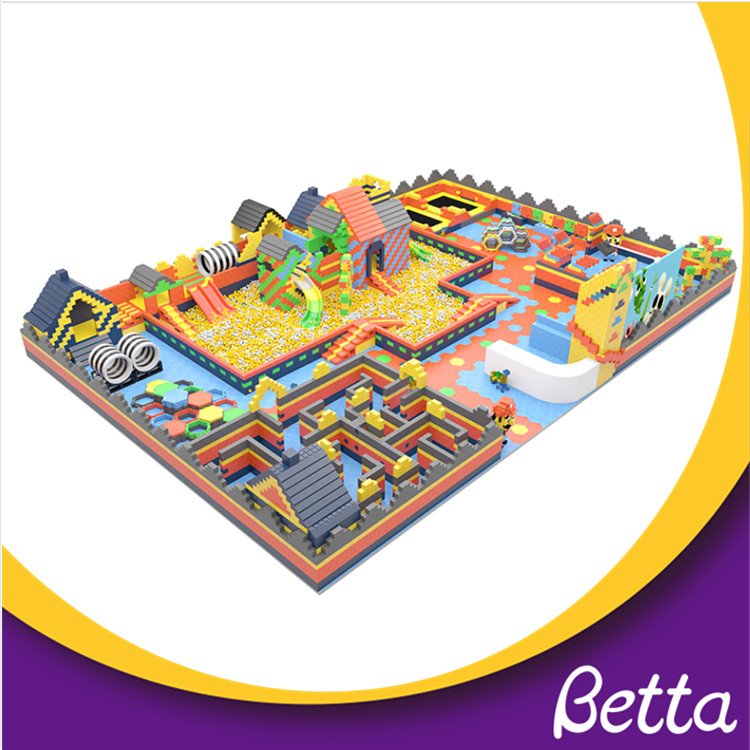










Playing is one of the most important things you can do with your child, because play is essential for your child’s brain development. The time you spend playing together gives your child lots of different ways and times to learn.
Play also helps your child:
build confidence
feel loved, happy and safe
develop social skills, language and communication
learn about caring for others and the environment
develop physical skills.

Unstructured, free play is the best type of play for young children.
This is play that just happens, depending on what takes your child’s interest at the time. Free play isn’t planned and lets your child use his imagination and move at his own pace.
Examples of unstructured play might be:
creative play alone or with others, including artistic or musical games
imaginative games – for example, making cubby houses with boxes or blankets, dressing up or playing make-believe
exploring new or favourite play spaces like cupboards, backyards, parks, playgrounds and so on.
You can be part of your child’s unstructured play – or not. Sometimes all you’ll need to do is point her in the right direction – towards the jumble of dress-ups and toys on her floor, or to the table with crayons and paper. Sometimes you might need to be a bit more active. For example, ‘How about we play dress-ups? What do you want to be today?’.
Structured play is different. It’s more organised and happens at a fixed time or in a set space, and is often led by a grown-up.
Examples of structured play include:
water familiarisation classes for toddlers, or swimming lessons for older children – you might see these as important lessons for your child, but he might just think they’re fun
storytelling groups for toddlers and preschoolers at the local library
dance, music or drama classes for children of all ages
family board or card games
modified sports for slightly older children, like In2CRICKET, Aussie Hoops basketball, NetSetGO netball, Come and Try Rugby, and Auskick football.


When open an indoor playground, should a factory inspection be conducted when looking for suppliers?
Unveiling the Safety Measures Behind Indoor Playground Rides
Private Domain Operations Help Indoor Theme Parks Improve Party Order Efficiency
The Ultimate Guide To Managing Indoor Amusement Parks During Peak Holidays
Detailed Explanation of the Visitor Reception and Safe Entry Process at Indoor Playgrounds
Cross-Industry Alliances for Indoor Theme Parks: Market Expansion and Brand Enhancement
What Membership Options and Pricing Models Are Available for Indoor Playgrounds?
Pricing Strategies for Indoor Playgrounds: Maximizing Attendance & Profitability
Building a Five-Star Reputation: Secrets to Managing Online Reviews for Indoor Playgrounds
content is empty!